20+ Fun Facts About Space and Planets

Introduction
People find outer space interesting and mysterious. Scientists love studying solar systems, planets, stars, the sun, galaxies, etc. Kids find space equally fascinating. So learning about it through fun and games is a great way to make children love science.
In this blog, we will share fun facts about space. We'll cover planets, stars, black holes, and more!
Fun Facts About Planets
Planets are an important part of solar systems and children learn a lot from them! Let’s see some fun facts about planets -
- Fun Facts About The Planet Saturn
Saturn is a gas giant. It’s best known for its beautiful rings made from ice dust and tiny rocks.
If you put Saturn in a giant bathtub, it will float! That's because Saturn is less dense than water.
- Fun Facts About The Planet Venus
Venus and Earth have similar sizes. So they are "sister planets".
Venus spins in the opposite direction of Earth. So if you lived on Venus, the sun would rise in the west and set in the east!
Venus is 2nd from the sun. Still, it is the hottest planet in our solar system with surface temperatures up to 476°C.
- Fun Facts About Planet Neptune
Neptune is a deep blue because it is full of ice.
Neptune experiences the fastest winds in the solar system, reaching speeds of 2,000 kph.
Neptune’s moon Triton orbits the planet in the opposite direction. This is rare in our solar system.
- Fun Facts About The Planet Uranus
Uranus has a 98-degree tilt on its axis. It looks like it’s rolling around the Sun.
Uranus gets its blue-green colour from methane gas in its atmosphere.
- Fun Facts about Earth Planet
Earth’s surface is covered by almost 70% water.
Earth’s atmosphere has a mix of gases. Nitrogen is in the highest quantity among all the gases - 78%.
- Fun Facts About The Planet Jupiter
Jupiter’s Great Red Spot is a massive storm. It has been raging for 300+ years. It is larger than Earth!
Jupiter has 79 moons that we know of.
Jupiter is the largest but has the shortest day of all the planets. It completes one rotation in less than 10 hours.
- Fun Facts About The Planet Mars
Mars has the tallest volcano in the solar system. We call it Olympus Mons. It is 3x the height of Mount Everest.
Mars also has winter, summer and other seasons like Earth. But they last twice as long due to its longer orbit.
Mars has huge dust storms that cover the entire planet. They last for weeks sometimes.
- Fun Facts About The Planet Mercury
Mercury has the most extreme temperature changes. It can go from -173°C at night to 427°C in the day.
Mercury lacks an atmosphere. So it doesn’t trap heat like Venus or Earth.
Mercury takes just 88 Earth days to orbit the sun. So it has the shortest year of all planets in the Milky Way.
- Fun Facts About The Planet Pluto
Pluto has a large heart-shaped glacier called the Tombaugh Regio.
Pluto was marked as a dwarf planet due to its small size, in 2006.
One day on Pluto equals to almost six days on Earth.
Fascinating and Fun Facts About Space
Space has many more heavenly bodies than planets. There are stars, asteroids, meteors, comets, black holes, moons, etc. Let’s go over some fun facts about space that is beyond planets -
-
The Moon’s Influence on Earth
Earth’s Moon has gravity too. And that gravity pulls the Earth towards it slightly. This causes 2 important things - tides in our oceans and a tilt in Earth.
-
Asteroids and Comets
Asteroids are tiny planets made of rocks or metals. But it’s too small to be called a planet. But the largest known asteroid is Ceres. It is so big that it’s considered a dwarf planet.
Comets are made of ice and dust and are smaller than asteroids.
-
Black Holes
Black holes are made when a star dies. They are big regions with LARGE gravity. Their gravity is so strong that even light can’t pass a black hole. In theory, black holes can bend time and space.
-
The Hubble Space Telescope
The Hubble Space Telescope was launched in 1990 by NASA. It has taken some of the most detailed images of distant galaxies, nebulae, and stars. It has helped us understand the universe better.
-
Space Exploration Milestones
Space exploration began with Yuri Gagarin. He was the first human in space. Apollo 11 Moon landing was the next big step in this area.
Mars Rover missions helped us find out a lot about the planet. And with the James Webb telescope - we got the first image of a black hole!
How to Make Your Kid Learn About Space & Planets?
Fun facts about space for kids are a great way to teach them about the subject. But you can also choose any of the following ways for them to have an immersive space experience -
-
Introduce them to Educational Resources
Here are some fun educational tools to help kids learn more about space:
- Space Explorers Write & Wipe Activity Mats:
A fun, reusable Space Activity Mat by Skillmatics UK. It allows kids to draw, play, and learn about space.
- Dot It: Outer Space No-Mess Sticker Art:
A Sticker Art activity by Skillmatics UK. It lets young kids explore space through stickers.
- Guess in 10: All About Space Trivia Card Game:
A trivia game by Skillmatics UK. This challenges your child’s knowledge of space in an interesting way.
- Piece & Play: Up in Space:
A puzzle game by Skillmatics UK. It teaches kids between 3-6 years old about space while they play.
- Foil Fun: Up in Space No-Mess Art Kit:
A creative, no-mess Space art kit by Skillmatics UK. It lets kids make their own space-themed foil art.
-
Take them to Museums
Museums, like planetariums and space exhibits, teach kids about space. They do it interactively.
-
Make them Join a Stargazing Club
Joining a local stargazing club can help kids explore space. They can observe stars, planets, and other celestial bodies up close.
Conclusion
Space is full of wonders. Every planet, star, comet or constellation has mind-blowing features. That’s why there’s always something new to discover. And learning about it is both fun and educational for kids. You can include your children in different space activities like games or stargazing clubs. This will keep them occupied and interested in the universe.
Visit Skillmatics UK's site for fun, educational games for kids.
Frequently asked questions on fun facts about space for kids
Why are fun facts about space and planets important for learning?
Fun facts about the space make learning interesting for children. It’s a great way for kids to remember things. Since space is a complex subject, fun facts make it easier for children to understand.
What fun facts about space and planets are the most popular?
Saturn's rings and Jupiter's Great Red Spot are popular fun facts about planets. Dying stars become black holes and comets being made of ice are popular fun facts about space.

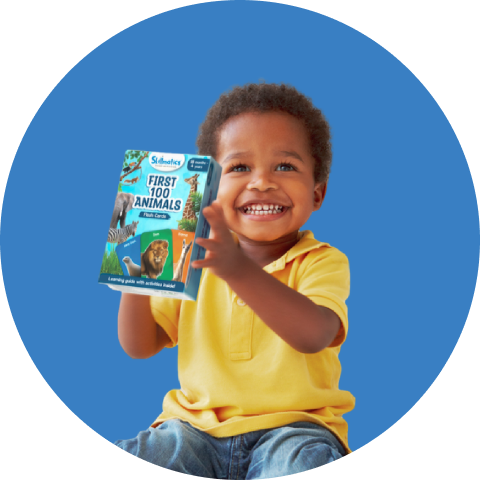 Ages 0-3
Ages 0-3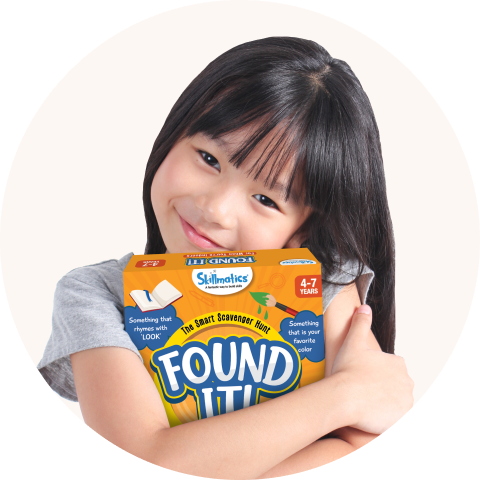 Ages 3+
Ages 3+ Ages 6+
Ages 6+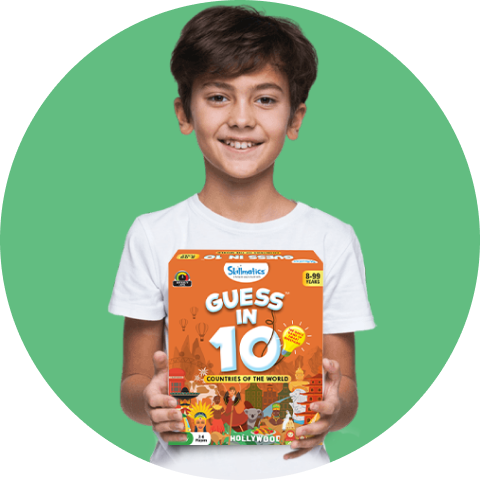 Ages 8+
Ages 8+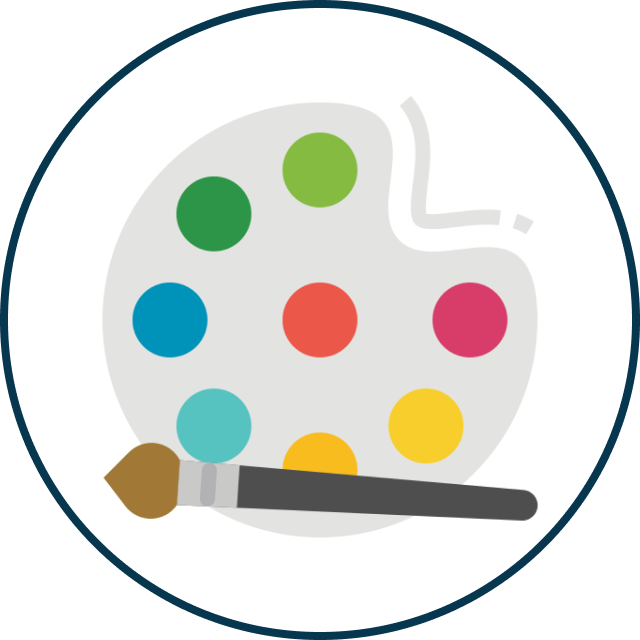 Arts & Craft
Arts & Craft Puzzles & Pretend Play
Puzzles & Pretend Play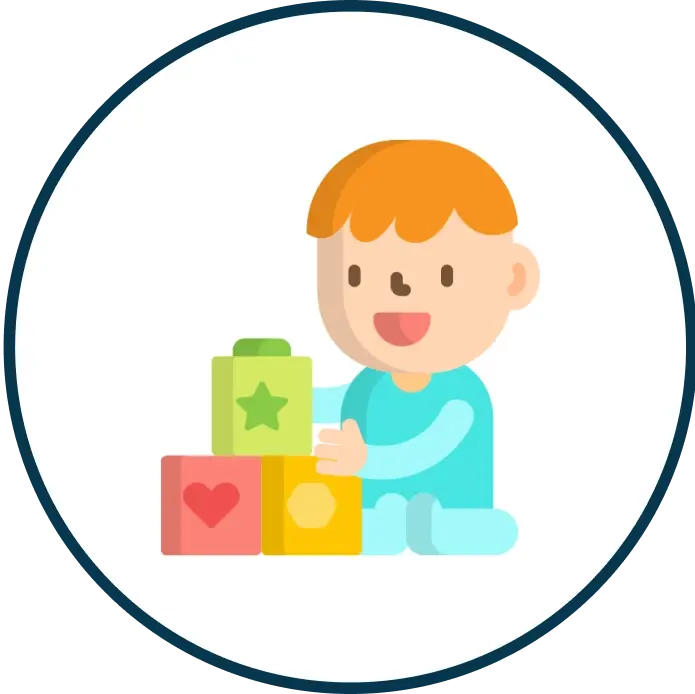 Toddlers & Infants
Toddlers & Infants Learning Products
Learning Products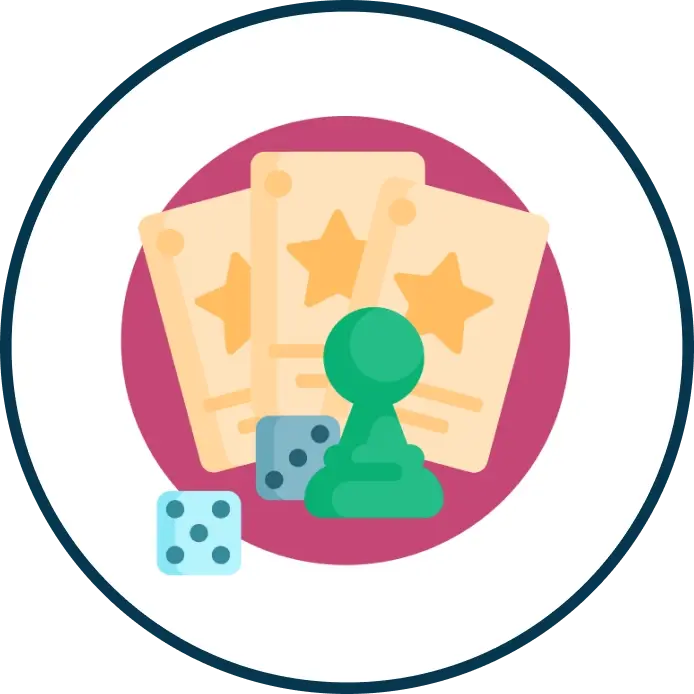 Card & Board Games
Card & Board Games STEM Toys
STEM Toys